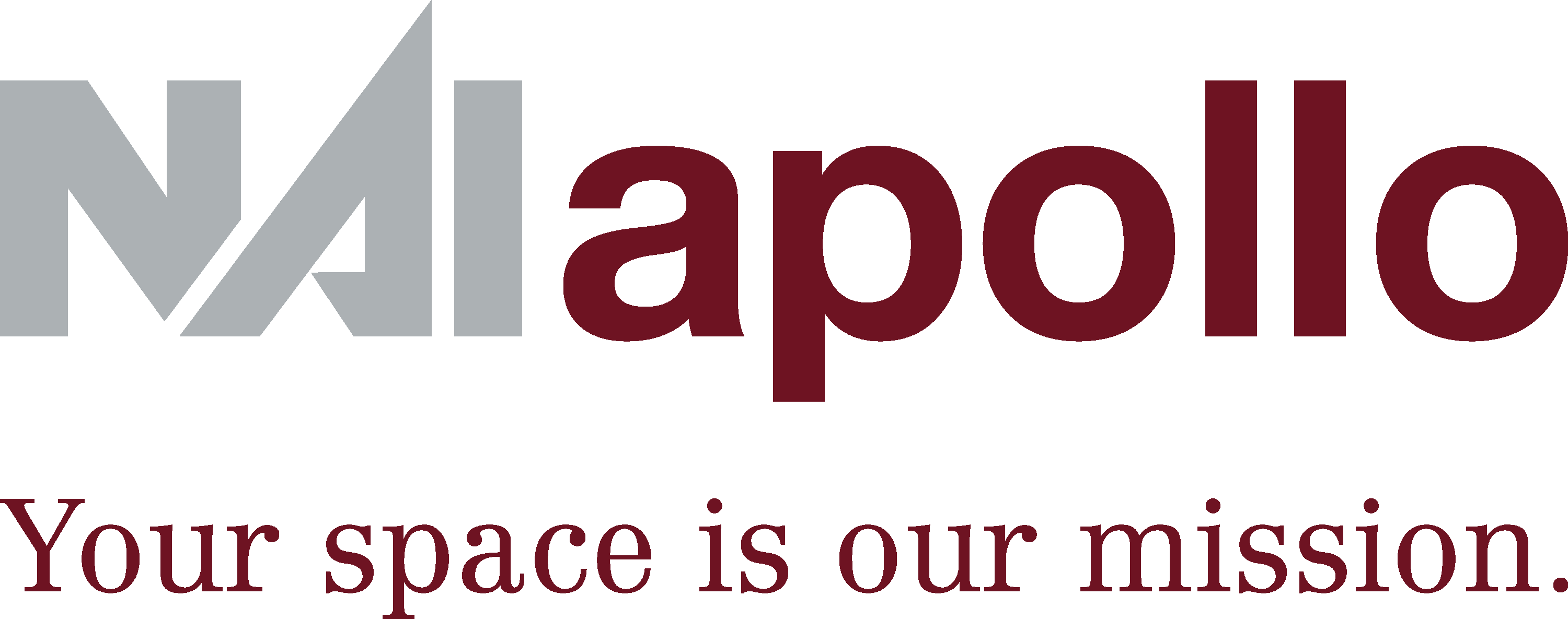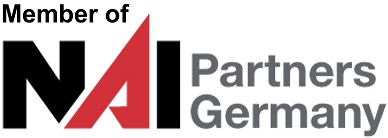NAI apollo: Signs of recovery on the German residential portfolio transaction market in Q2 2024
Frankfurt am Main, 8 July 2024 – At €2.4 billion, the transaction market for residential portfolios in Germany recorded a significant increase in market activity in the second quarter of 2024 compared to the start of the year (Q1 2024: around €790 million). The figure was also above the previous year’s average quarterly result of €1.6 billion. According to an analysis by NAI apollo, member of NAI Partners Germany, residential portfolio (30 residential units or more) transactions amounted to around €3.2 billion in the first six months of 2024, almost matching the previous year’s level (H1 2023: €3.3 billion). “However, a longer-term comparison provides a more sobering picture. The transaction volume achieved in the first half of 2024 is the weakest result since 2011, and is significantly lower (-61.6 %) than the half-year average of €8.3 billion for the past five years. In addition to the weak start to the year, this is primarily owing to the record results of previous years,” said Dr Konrad Kanzler, Head of Research at NAI apollo.
“Compared to other property classes, the residential market in Germany remains more resilient. Activities at portfolio level are supported by strong user demand for residential space, which cannot currently be met. In particular, major German cities with continual employment growth, as well as centres with a high population influx such as university locations, have once again experienced higher investor interest due to the sustained rise in rents. The increase in the number of traded units to 19,100, and the simultaneous growth in the number of transactions by almost 40 %, also point to the stronger market dynamics,” said Dr Marcel Crommen, Managing Director of NAI apollo.
“Price discounts on the sale of properties in need of restructuring in the value-add and opportunistic asset classes had a dampening effect on the transaction volume. In general, the tenuous turnaround in interest rates means that only equity-strong investors and players without refinancing pressure are actively buying. Overall, the focus of investment strategies is on securing liquidity and optimising portfolios,” added Stefan Mergen, Managing Partner of apollo valuation & research GmbH.
The €100m to €500m segment still accounts for biggest market share
When broken down by size category, it can be seen that transaction activity has primarily increased in the small-volume segments compared to the previous year. In total, a volume of €789 million was registered in the clusters below €25 million in the first half of 2024, an increase of 60.6 % compared to H1 2023. The increase in the mega deal category above €500 million (+24.6 %) is also worth highlighting. This was exclusively owing to the acquisition of a Vonovia portfolio with around 4,500 residential units (including 40 hectares of land) for around €700 million in Berlin, which was led by the municipal housing association Howoge.
“Despite a significant drop in sales, the ‘€100m - <€500m’ category still accounts for the largest market share of 27.9 %. In total, properties in this price segment were traded for €894 million, which corresponds to a decline of over 40 % compared to H1 2023,” said Kanzler.
Public Sector is strongest buyer group, Project Developers & Contractors as well as Listed Property Companies & REITs dominate on the sell-side
“In terms of investor type, the activities undertaken by the Public Sector have stood out since the beginning of the year. Municipal companies are currently exploiting opportunities to expand their portfolios, also in view of the need to secure housing supply, with a particular focus on the subsidised housing segment,” said Mergen. In total, the Public Sector acquired residential portfolios worth €1.3 billion (market share: 41.2 %), which is €1 billion more compared to H1 2023. The Asset Managers & Funds Managers took second place on the buy-side with €929 million (H1 2023: €1.3 billion).
“On the sell side, it is clear that the pressure to sell continues in many places. Among other things, the need to secure liquidity has led to Project Developers & Contractors as well as Listed Property Companies & REITs in particular playing a dominant role with sales volumes of around €1.4 billion and €1.3 billion respectively,” continued Mergen. Compared to the previous year, Project Developers & Contractors increased their sales volume by 70.4 % (“Listed Property Companies & REITs”: +19.4 %).
Investments in project developments up by 17.5 %
“Trading in project developments, which fell significantly last year due to high construction and financing costs, has picked up again slightly in the current year. In absolute terms, sales from forward deals increased by 17.5 % year-on-year to €880 million. This corresponds to a market share of 27.4 %. German investors and, above all, the Public Sector are again key buyers of new residential units that fulfil sustainability requirements,” said Crommen.
Germans dominate the market, foreign investors invest over 33 % less
Domestic players continued to dominate the market at the end of June 2024. German investors recorded a year-on-year increase of 12.6 % to a transaction volume of around €2.5 billion, while their market share (77.9 % or +10.1 percentage points compared to H1 2023) has also increased. The share of foreign investors has fallen accordingly to 22.1 %. “This corresponds to a decrease in the absolute transaction volume of around €1.1 billion to around €710 million. The acquisition of the ‘Greenpark’ residential project in Berlin by Greystar in the first quarter remains the largest purchase here,” said Kanzler.
Further market recovery expected at a low level
In the coming months, the transaction market for residential portfolios will be influenced by the interplay of market recovery trends and ongoing market uncertainty. “On the one hand, the persistently high interest rates continue to pose a major challenge, while on the other hand the increasing shortage of housing, steady rental growth and growing demand for ESG-compliant investments are having a positive effect,” said Mergen. There are increasing signs that the price negotiation phase is coming to an end, although there are still differences in prices among the various risk classes. “For existing ESG-compliant properties and new developments in Germany’s top regions, price stabilisation already appears to be a reality in many areas. In other segments, however, especially in structurally weak areas, there is still a need for adjustment in many cases. At the same time, the pressure to sell remains high in many places due to refinancing and to secure liquidity. Further portfolio adjustments are planned, particularly among Listed Property Companies & REITs, which will lead to an increase in supply,” said Crommen.
Following the upturn in transaction activity in the second quarter of 2024, NAI apollo expects the market to continue its slow recovery in the coming months. Owing to the stabilisation in conditions, the German residential portfolio market will become of interest again for more investor groups. This is also expected to lead to an increase in larger transactions. Although the transaction result for 2024 as a whole will be significantly below the long-term average (2019-2023: around €22.1 billion), the previous year’s result of €6.2 billion should be exceeded by some margin.

